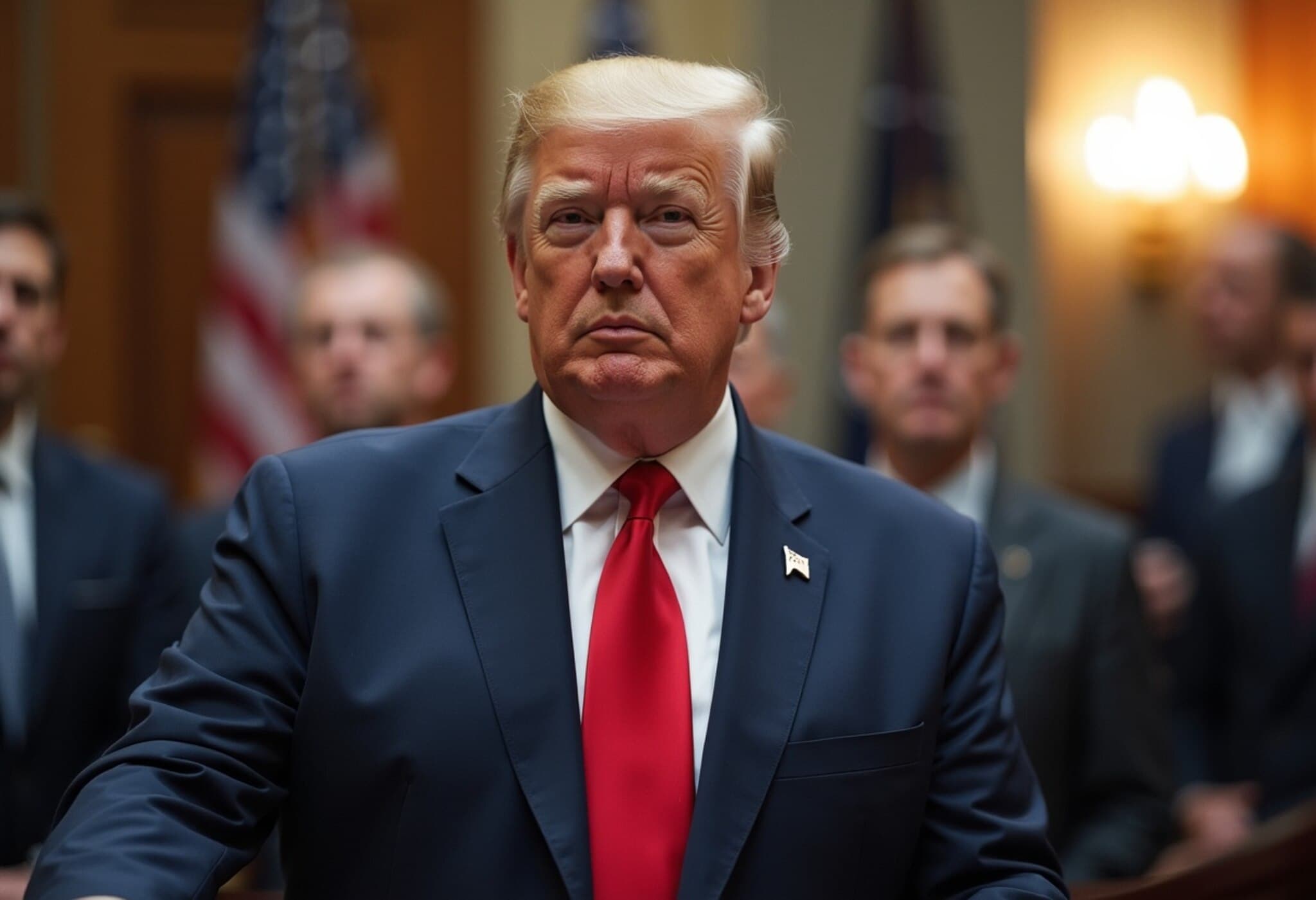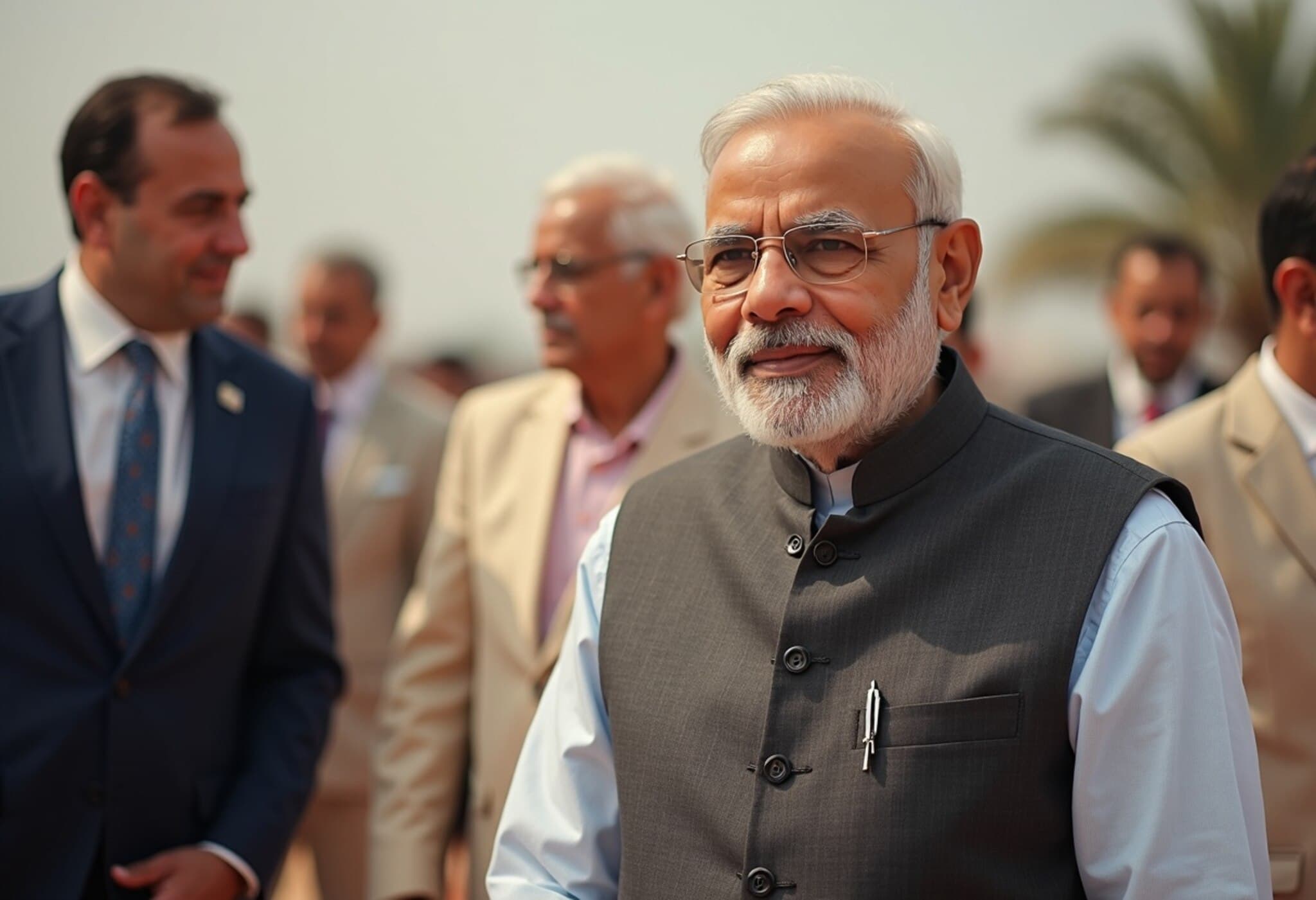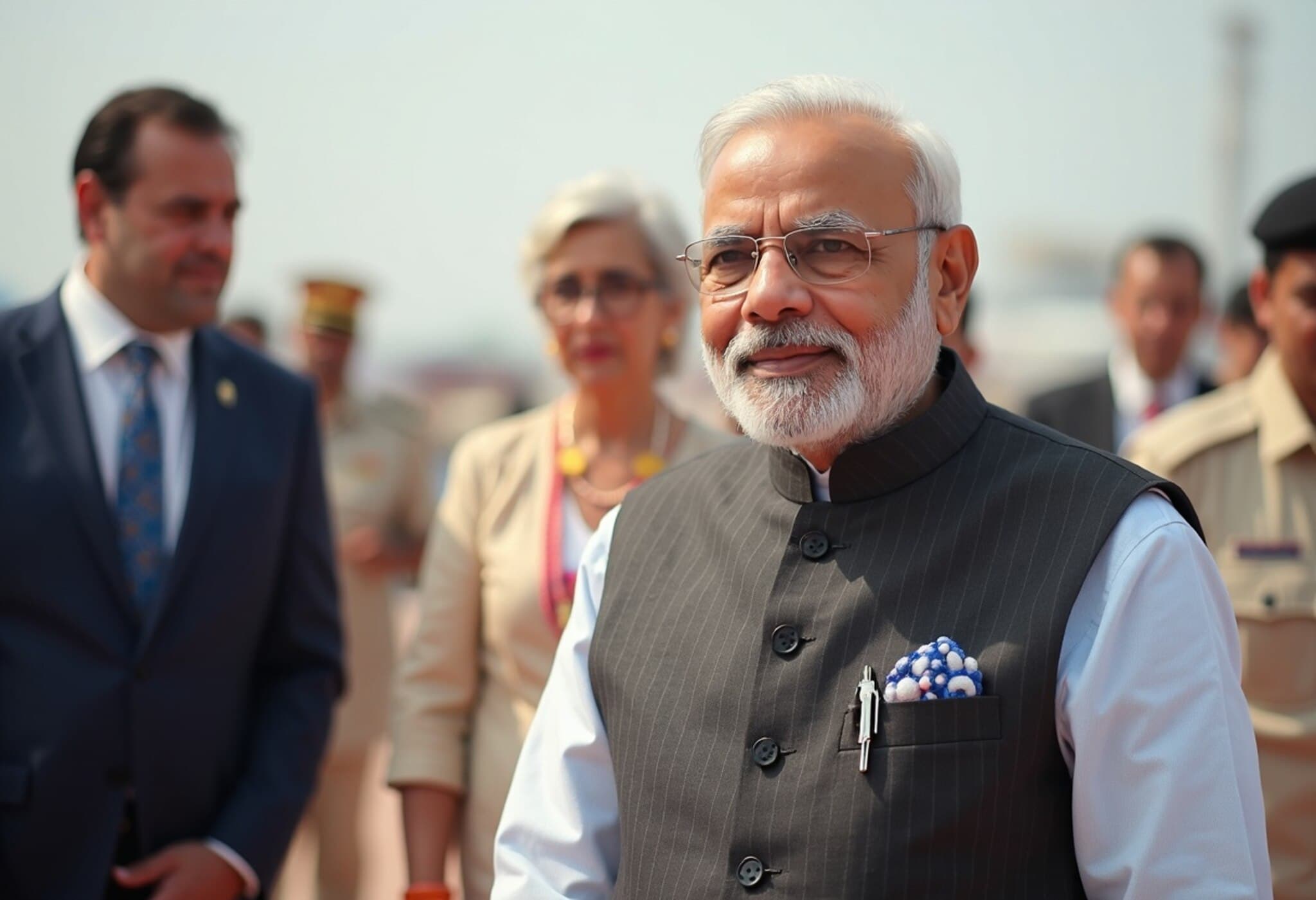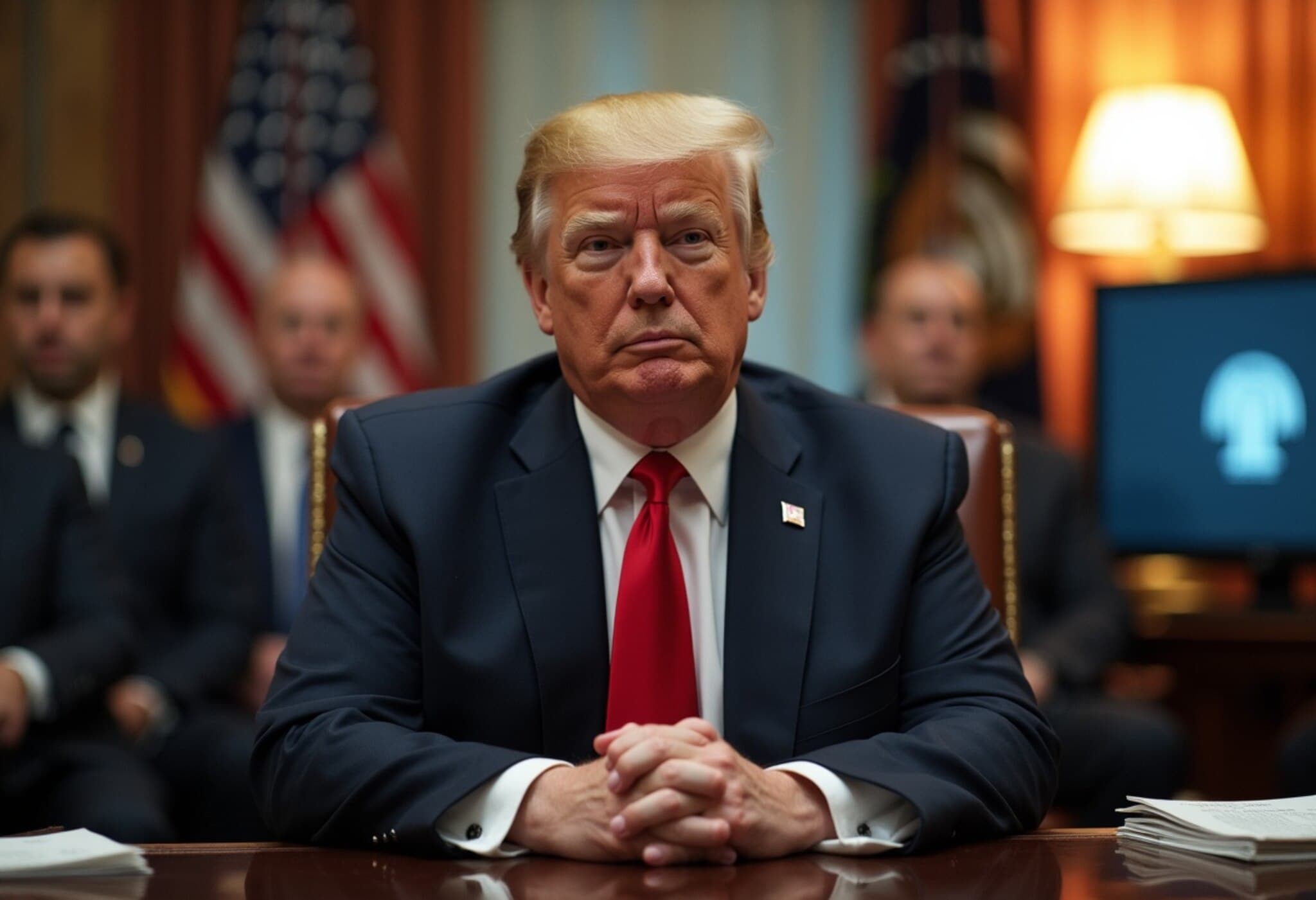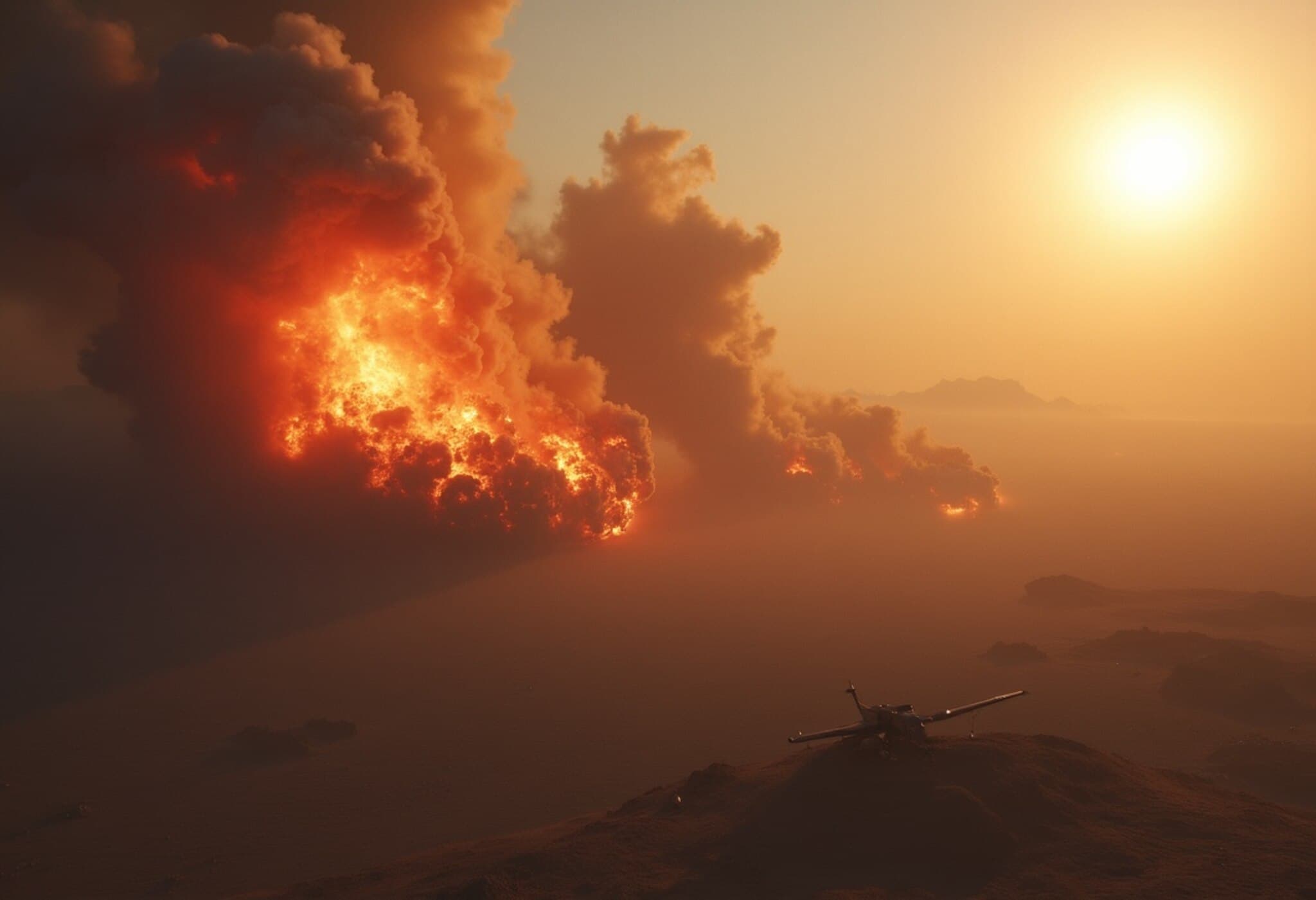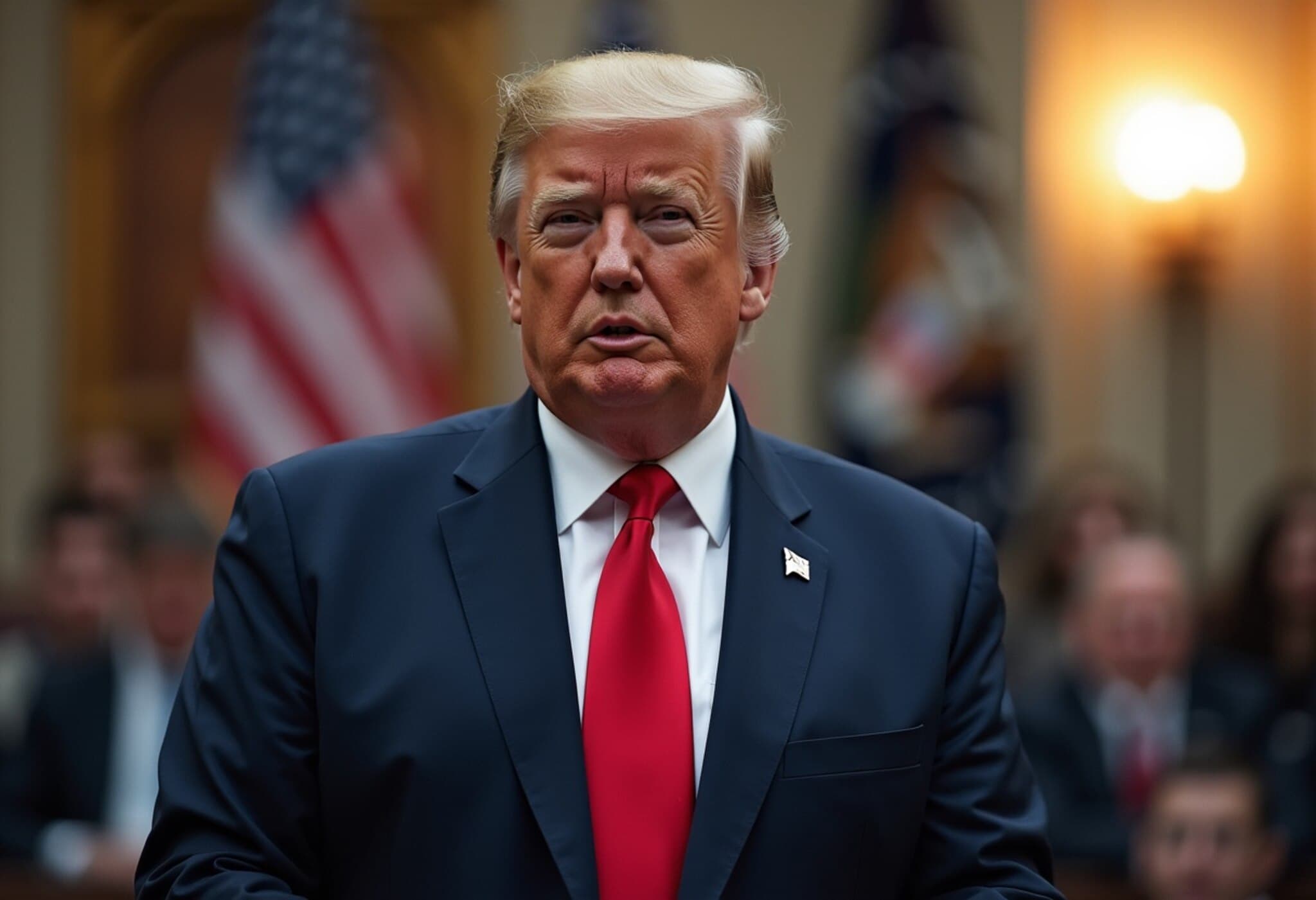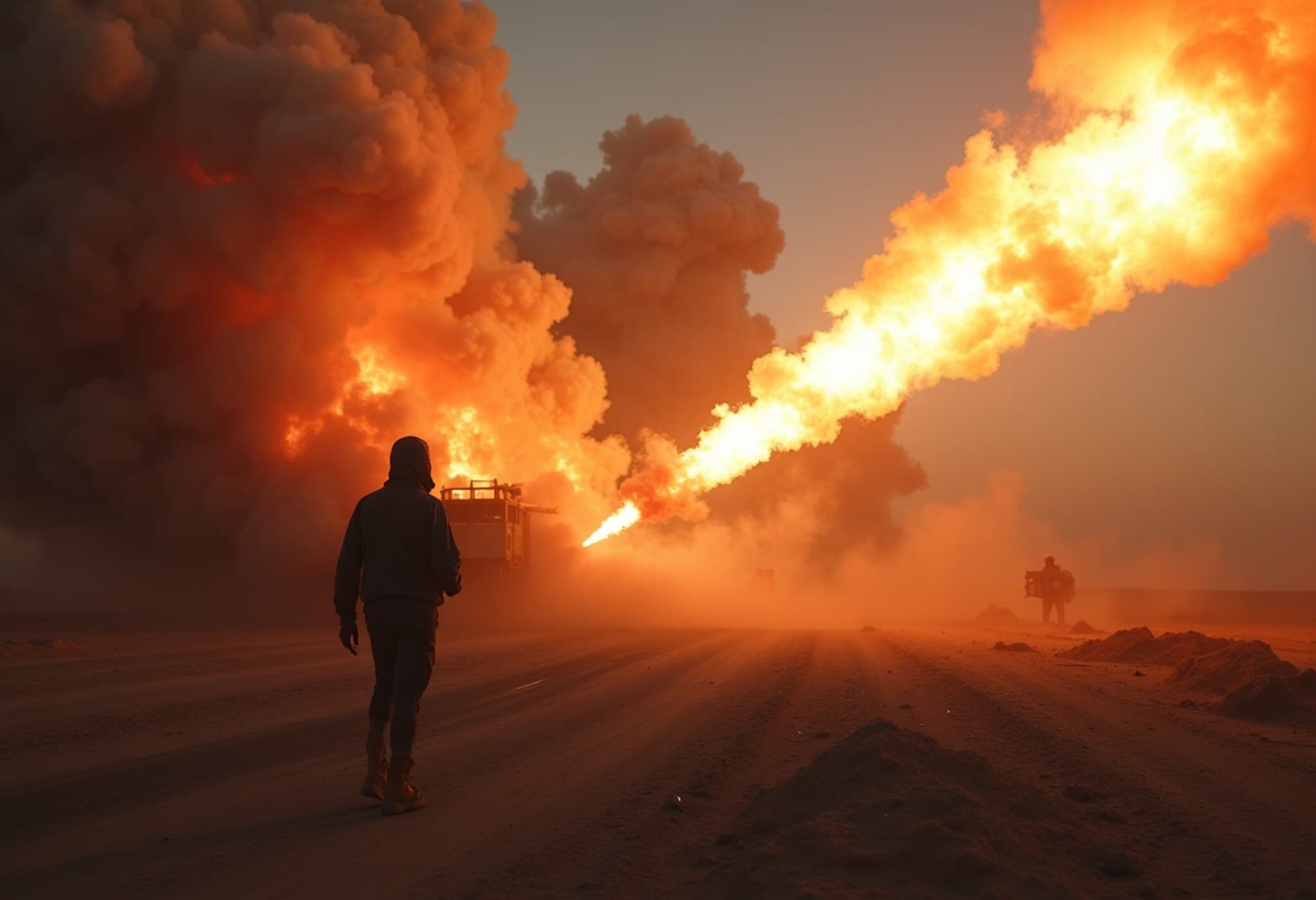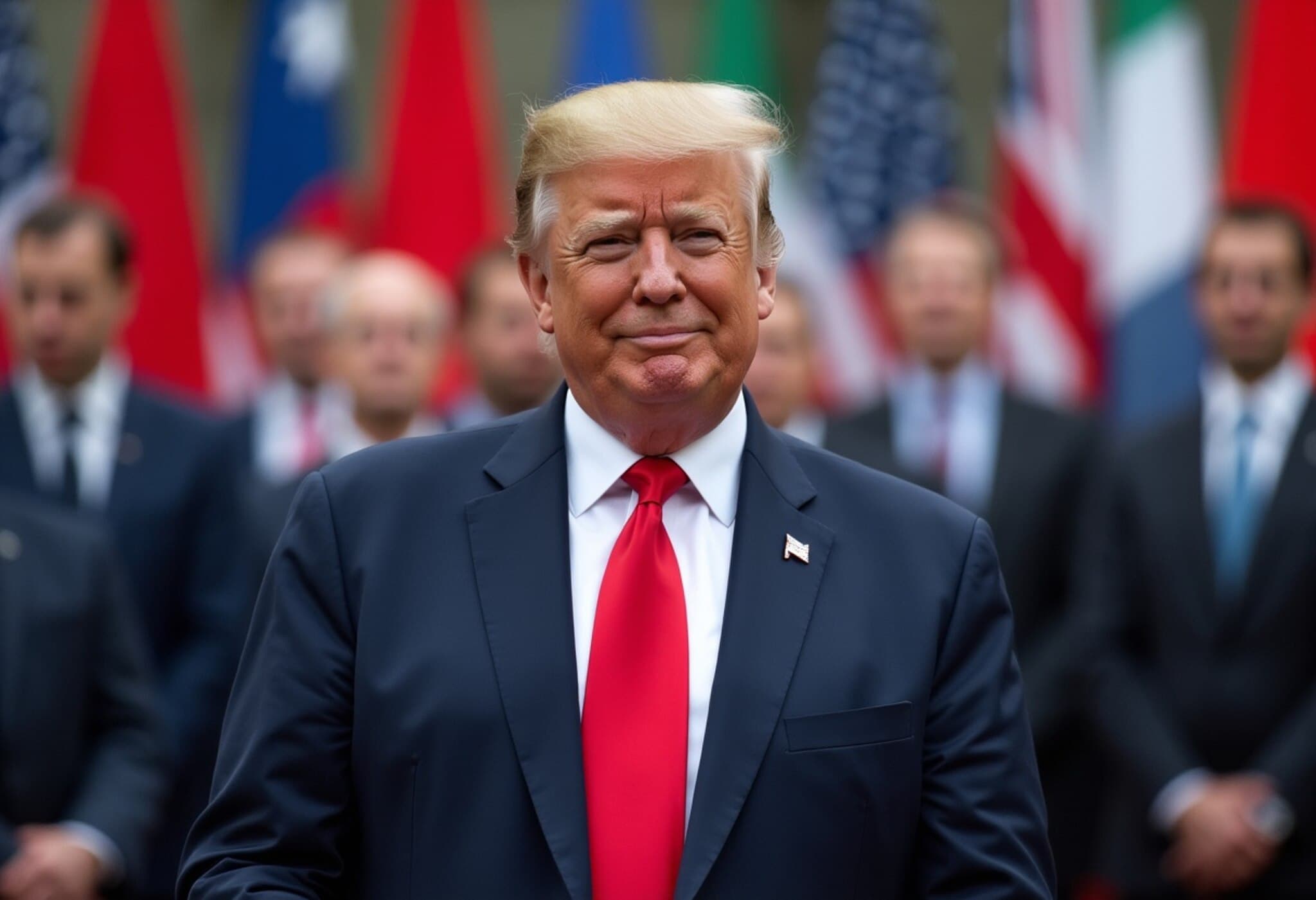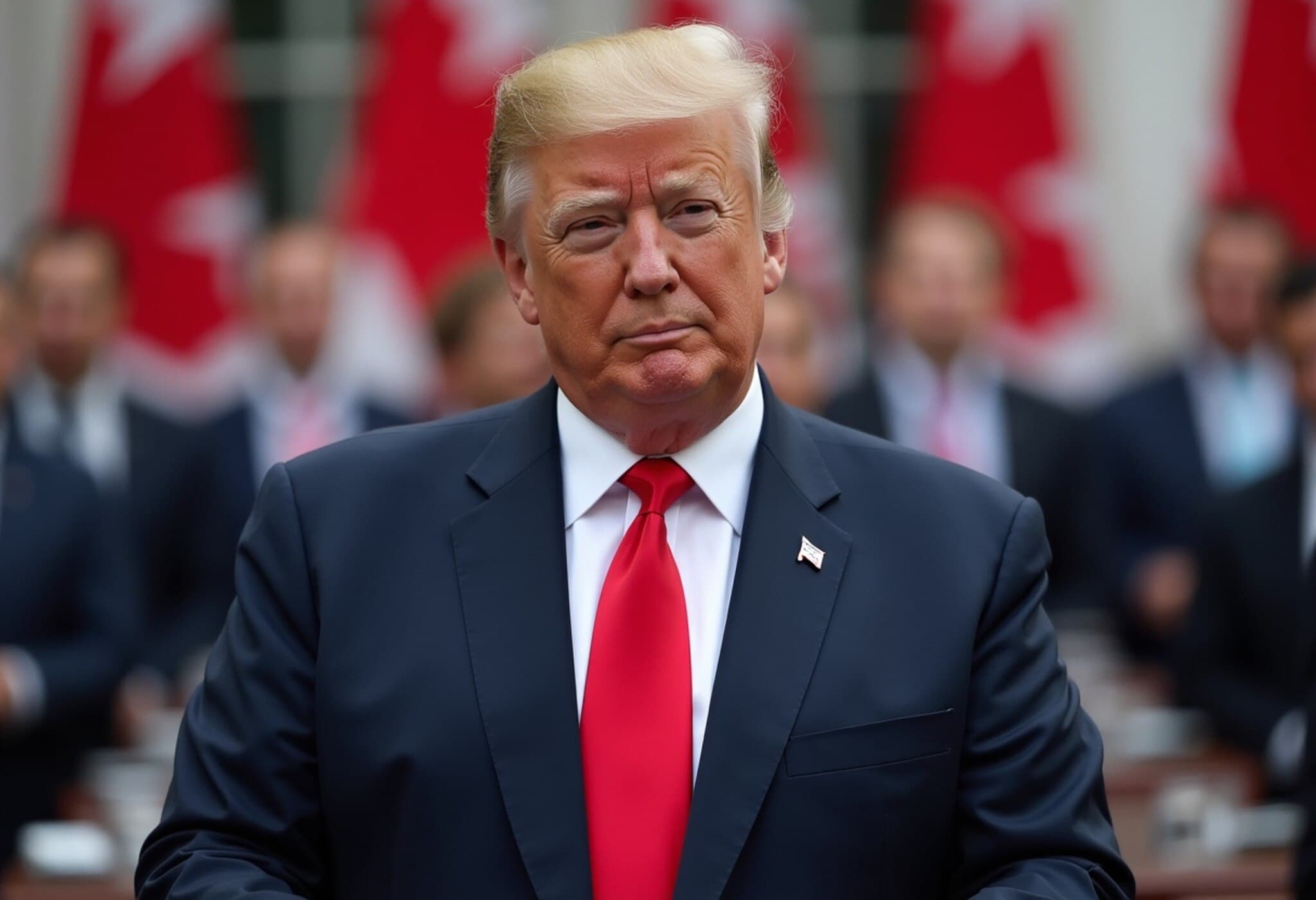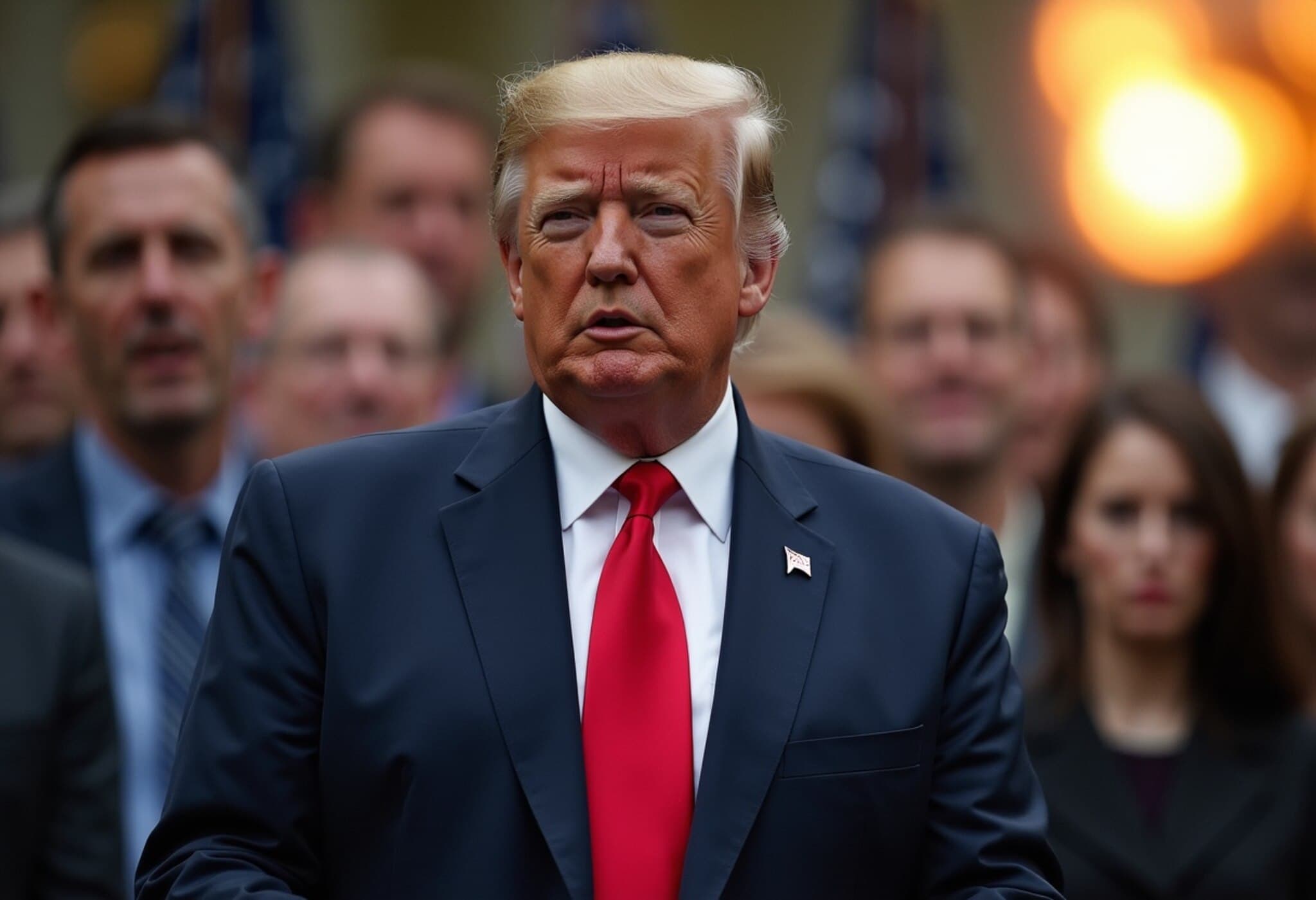US Democrats Push to Limit Trump’s Military Authority on Iran
In a significant political move, three Democratic members of the US House of Representatives have unveiled a resolution aimed at curbing President Donald Trump’s ability to launch military operations against Iran without congressional approval. This comes in the wake of US airstrikes targeting Iranian nuclear facilities, escalating tension in an already volatile region.
Background: Rising Tensions and Retaliations
The conflict intensified after Iran launched a retaliatory attack on a US military base located in Qatar. This escalation follows the ongoing Israel-Iran confrontation triggered by Israel’s offensive against its regional rival on June 13, 2025, compounding an already fragile Middle Eastern landscape affected by the continuing Israel-Gaza war since October 2023.
Democratic Lawmakers Speak Out
Representatives Jim Himes, Gregory Meeks, and Adam Smith jointly declared that President Trump must not have the unilateral power to initiate war without Congress’s explicit consent, criticising the recent strikes as conducted “without meaningful consultation or Congressional authorization.” They emphasized that such grave actions require thorough debate and legislative oversight, not impulsive presidential decisions.
The lawmakers highlighted concerns over Trump’s public comments hinting at regime change in Iran, which they argued extends beyond the stated goal of neutralizing nuclear threats. They warned that the president’s social media posts undermined claims that the military action was limited and targeted.
Political Reality: Congressional Gridlock
Despite the Democrats’ efforts, the Republican Party maintains control of both the House and the Senate, making the passage of any restrictive resolution unlikely. House Speaker Mike Johnson dismissed the timing for such a resolution, underscoring the political challenges ahead.
Trump’s Justification and Opposition Views
Supporters of President Trump assert that he held the legal authority to take swift military action to thwart potential nuclear threats from Iran. However, many Democrats argue that his actions violate constitutional mandates, asserting that only Congress holds the power to declare war.
Complex Regional Context
The tension revolves largely around nuclear capabilities in the Middle East. Israel, widely acknowledged as a nuclear-armed state despite never officially confirming it, justifies its operations as efforts to prevent Iran’s nuclear development. Meanwhile, Iran maintains that its nuclear program is solely for peaceful purposes and remains a signatory to the Nuclear Non-Proliferation Treaty — a pact Israel has not joined.
Summary of Key Points
- Three Democratic lawmakers introduced a war powers resolution targeting Trump’s military actions in Iran.
- Iran retaliated by striking a US base in Qatar amid escalating Israel-Iran conflict.
- Passage of the resolution is doubtful due to Republican congressional majority.
- Democrats assert Trump’s actions lacked proper Congressional authorization.
- Trump’s public talk of regime change raises fears beyond nuclear threat concerns.
As tensions mount in the Middle East, the debate over executive power and congressional oversight remains at the heart of US political discourse.

